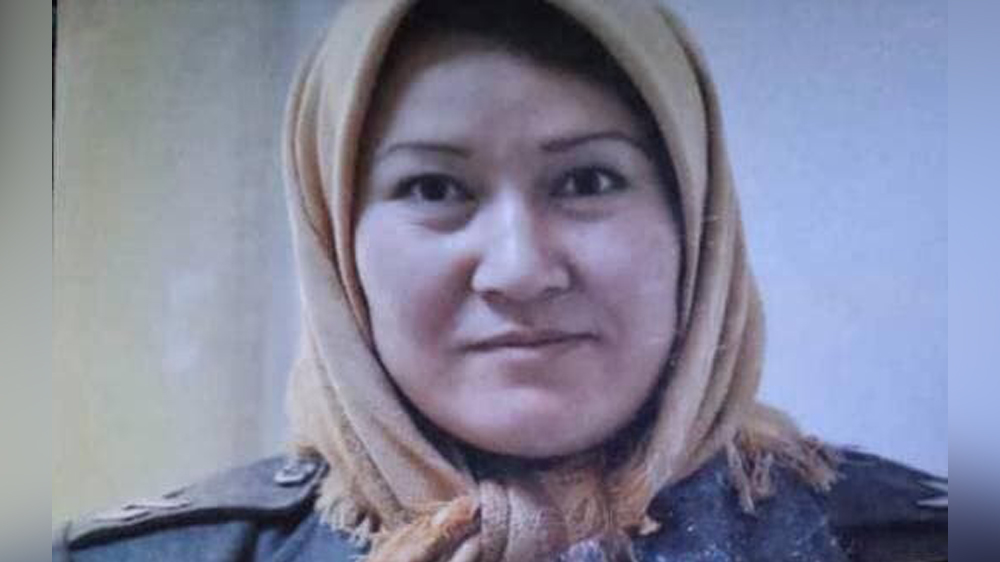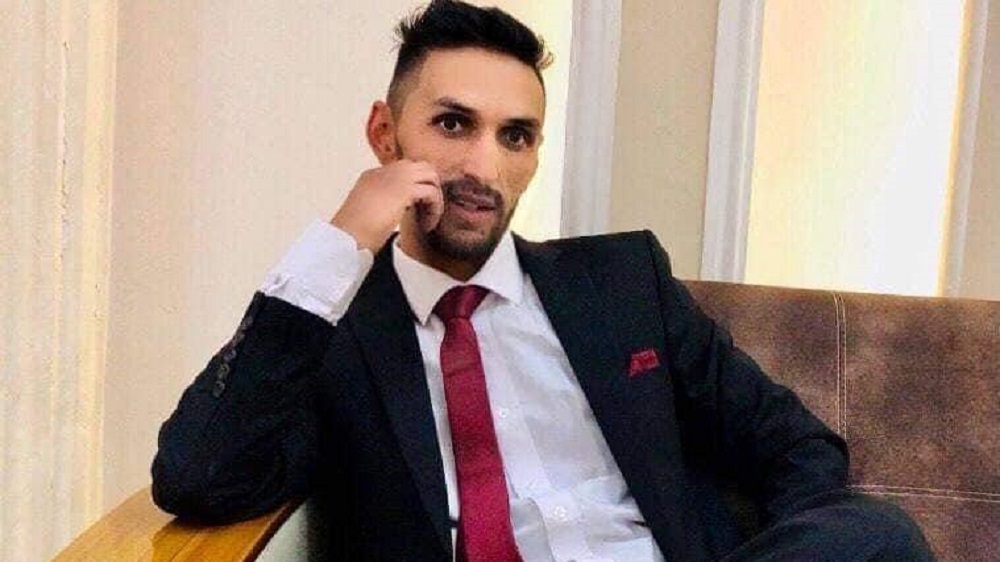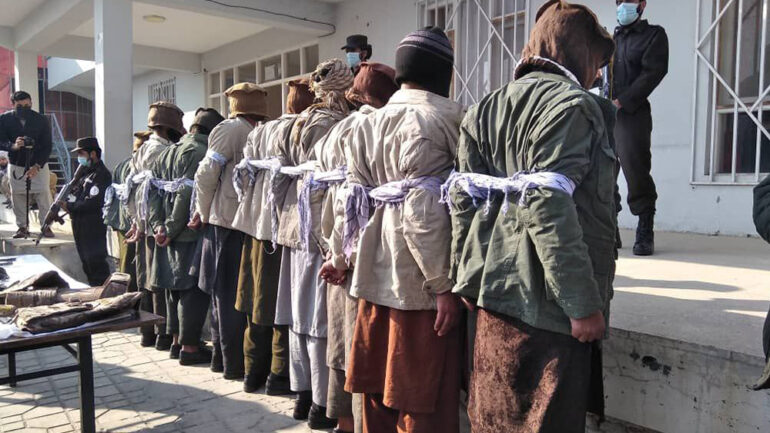Under the Taliban rule, arbitrary detentions have become common occurances. Many are detained for having worked for the previous government or accused of collaborating with opposition groups. According to a Human Rights Watch, in 2022, the Taliban “carried out arbitrary detentions, torture, and summary executions of former security officers and perceived enemies, including security personnel in the former government.”
The group’s General Directorate of Intelligence (GDI) and its morality police have a freehand to detain and punish individuals for a wide range of alleged crimes, including moral deviance, social and political activism, and association with opposition groups. The detainees are locked in overcrowded and unsanitary cells and are subjected to physical and psychological torture through beatings and electric shocks and other methods. They are kept incommunicado, with no contact to their families or access to legal representation.
In the last 15 months, thousands of people have been arrested, detained, tortured, and even killed on various, often false, charges, which are sometimes done merely to expand fear and intimidation. A recent report published by Rawadari, an Afghan Human Rights Organization, confirms that: “Taliban have illegally and arbitrarily arrested and detained at least 1976 persons in 29 provinces of Afghanistan between 15 August 2021 and 15 November 2022, including 1836 men, 136 women, and 4 children.”
In many cases, families have received dead bodies of their loved ones. KabulNow spoke to several released detainees about their experience. The Taliban’s favourite methods of torture to extract confessions, they said, were electric shocks, teeth drilling, hanging from ceiling, sleep deprivation and burning body parts.
Mohammad (not his real name) was accused of collaborating with the anti-Taliban armed group, the National Resistance Front (NRF), and was held in captivity for 13 days. He told KabulNow he was tortured every day. “They attached wires to my hands and feet and gave me electric shocks. The handcuffs had wires attached to them too,” he said. “I felt my arms were coming off my shoulders”, Mohammad added.
“I had nothing to confess to. But I knew false confession wouldn’t ease the torture. It would mean certain death,” Mohammad said. He was released after 36 days of imprisonment.
Leila (not her real name) was among a group of women detained from outside a bakery in the western city of Herat. Forced to sign on blank sheets, they were accused of prostitution and “moral corruption.” They were released after months of captivity.

Women prisoners, Leila said, were kept in small, overcrowded cells, lacking basic needs such blankets, proper clothing, or sanitary pads. And neither were they given enough food.
Another woman said she was tortured regularly. And when she refused to rub a prison guard’s penis, the tortures got worse. “They whipped me every day and called me names,” she said.
Some women were kept in dark and damp solitary cells for 24 hours. The guards would whip them until they passed out.
Some prisoners are released only after their families pay a large sum of money. But some prisoners, despite their families paying in cash, and property, are never released alive. Especially those detained by the GDI.
On 25th October 2022, Ghulam Eshan and Noor Mohammad died in a hospital in Panjshir province after being held captive and tortured for four days. On 11 October 22, Salahuddin died under Taliban torture in Kabul, and on 5 June 2022, Abdul Moneer, a shepherd, also died while in Taliban custody.

In its quarterly report on Afghanistan in December 2022, the UN General Secretary, Antonio Guterres, said that the Taliban had committed extrajudicial killings and arbitrary arrests in Afghanistan, primarily in Panjshir province. “UNAMA documented 69 extrajudicial killings, 14 arbitrary arrests, and detentions, and 6 instances of torture and ill-treatment of individuals accused of affiliation with the National Resistance Front, primarily in Panjshir Province, where at least 48 extrajudicial killings between 12 and 14 September were recorded in Dara and Khenj districts.”
In its World Report 2023, Human Rights Watch said that the “Taliban security forces throughout the year carried out arbitrary detentions, torture, and summary executions of former security officers and perceived enemies, including security personnel in the former government or alleged members or supporters of the armed group Islamic State of Khorasan Province (the Afghan affiliate of the Islamic State, known as ISKP).” Speaking to BBC Afghanistan in January 2023, the Taliban’s General Director of Prisons, Mohammad Yousuf Mistery, said the group had “more than 12,000 people” in its custody.





